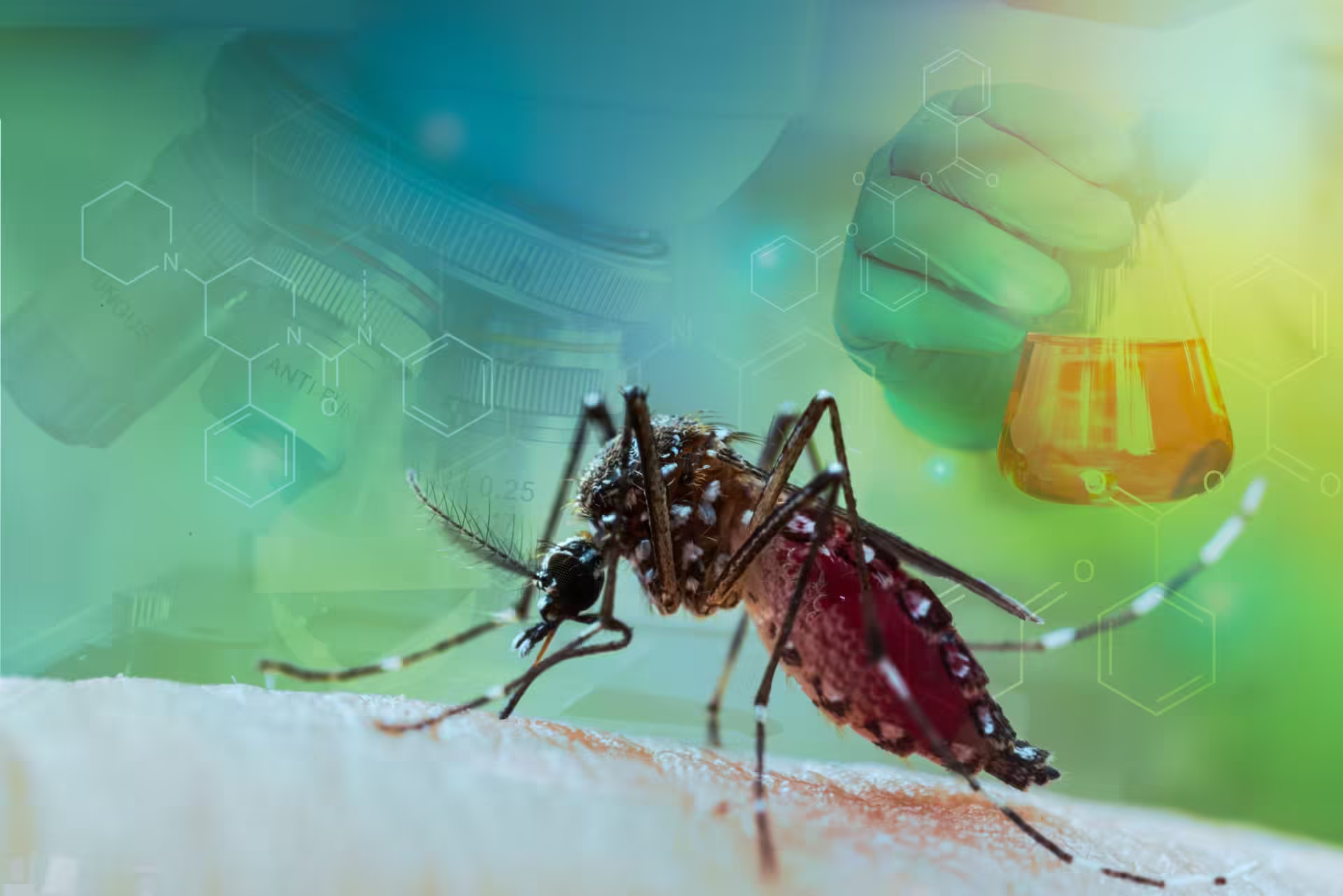The sudden rise in mucormycosis cases, or black fungus, among Pune residents recovering from dengue and chikungunya has raised significant concerns among healthcare professionals. This rare fungal infection, often linked with compromised immunity, has recently surfaced in more than 24 patients at city hospitals over the past few months. Experts attribute the surge to the misuse of high-dose steroids during treatment, combined with uncontrolled diabetes and weakened immunity. The trend echoes similar patterns observed during the Covid-19 pandemic, though the current wave is tied to mosquito-borne diseases.
One harrowing case involved a 38-year-old Pune resident recovering from chikungunya. Administered steroids for pain relief, he soon developed severe symptoms, including eye paralysis and swelling. Diagnosed with black fungus, he underwent surgery, narrowly retaining his vision but now faces lifelong ptosis, or droopy eyelid. Another patient, aged 67, post-dengue, suffered significant facial swelling and nasal pain, leading to surgery that removed his upper jawbone. Such cases underline the critical need for better treatment protocols, especially for patients with underlying health issues like diabetes.
Doctors, including Ruby Hall Clinic, blame the overuse of steroids without monitoring patients’ sugar levels. Steroids, though effective when used judiciously, suppress immunity and elevate blood sugar, creating conditions for fungal infections to thrive. These cases primarily emerge from peripheral regions where standardised treatment protocols are lacking. Public awareness about post-recovery symptoms such as persistent fever, facial swelling, or nasal congestion remains essential to tackle this life-threatening condition.
From a sustainability and civic health perspective, the reliance on expensive, liver-toxic antifungal treatments and inadequate preventive measures strains healthcare resources. Monitoring sugar levels in vulnerable patients and developing controlled steroid-use protocols are crucial. In urban settings like Pune, improving healthcare accessibility and ensuring adherence to medical guidelines can prevent such outbreaks and mitigate their severe economic and social impact.




